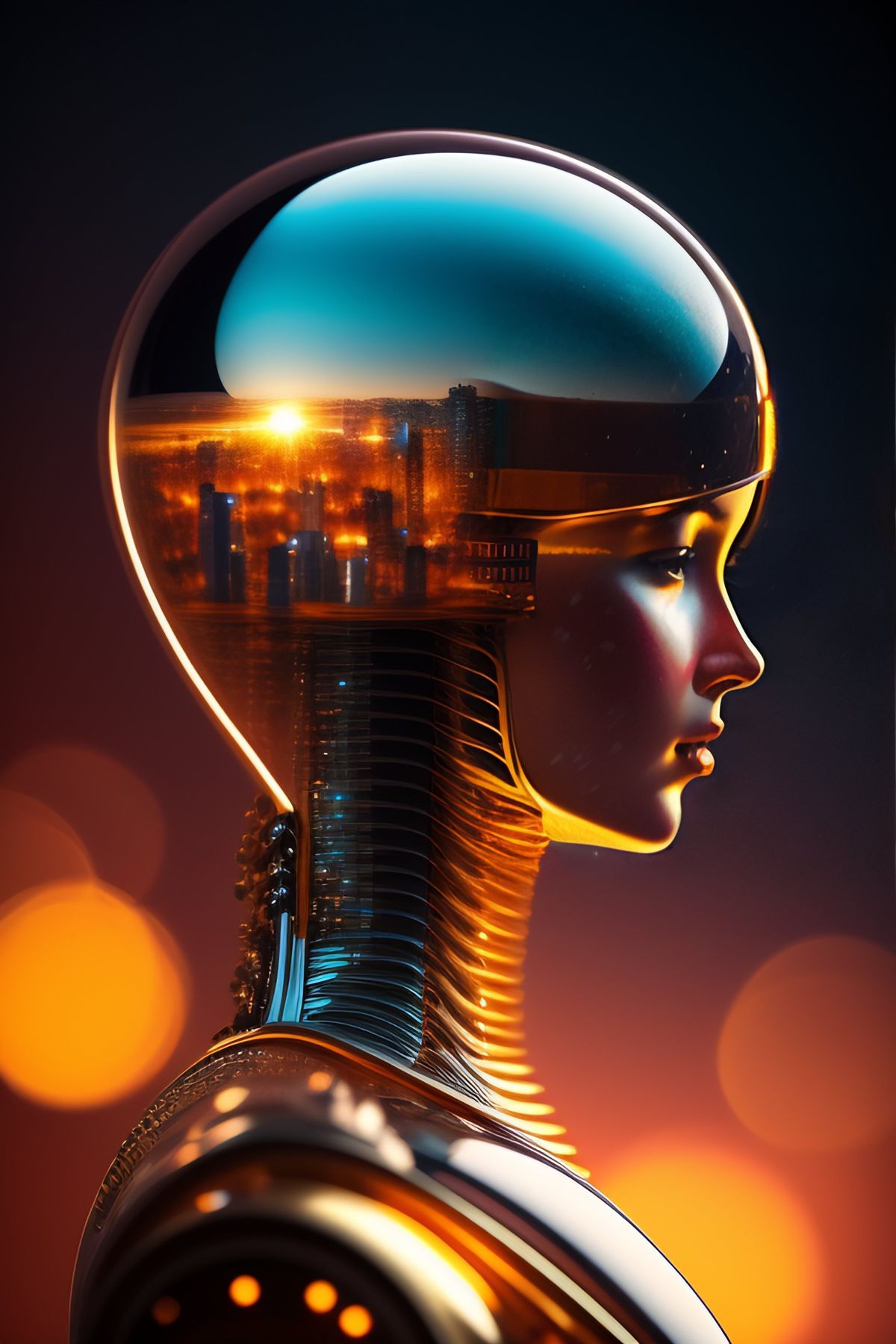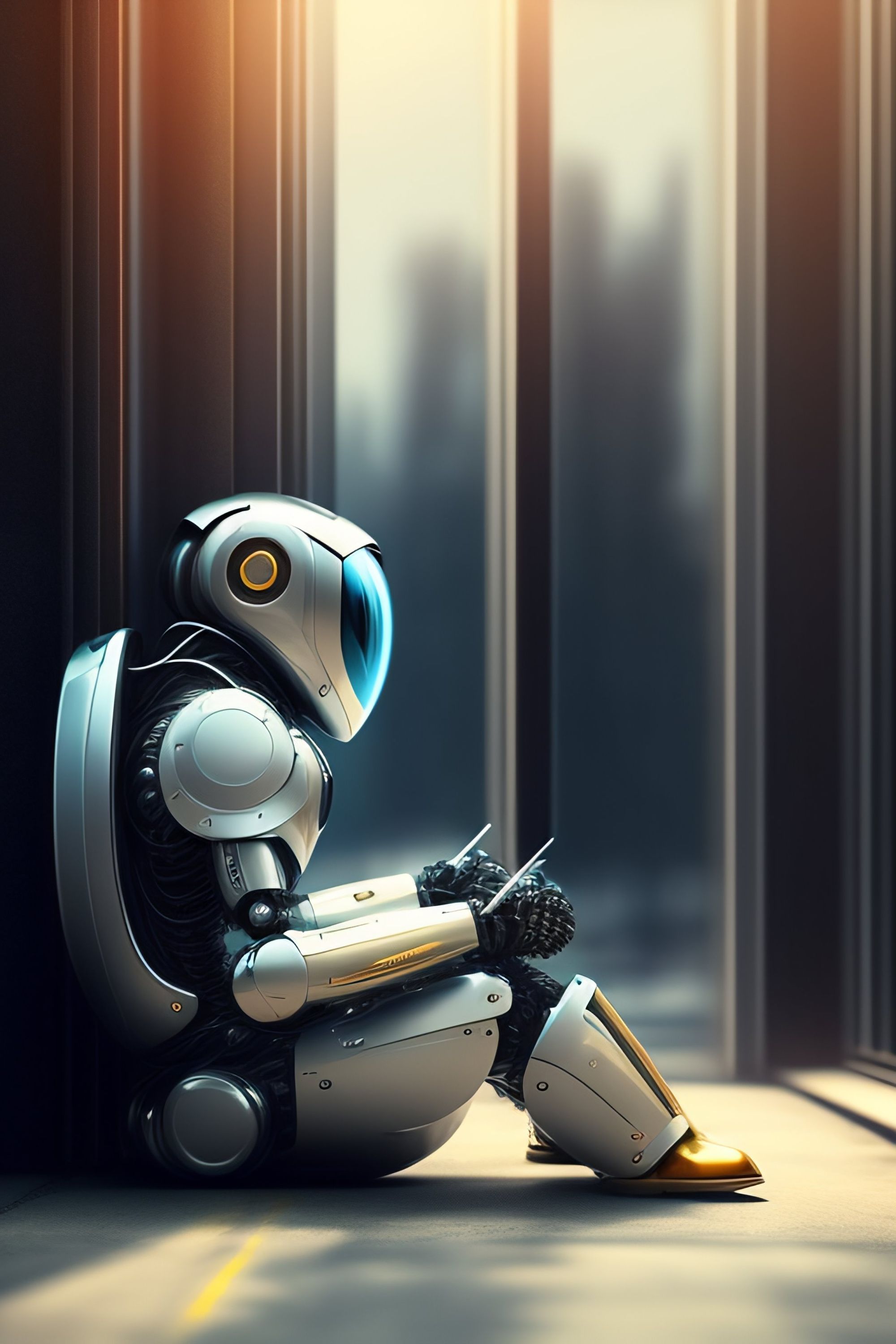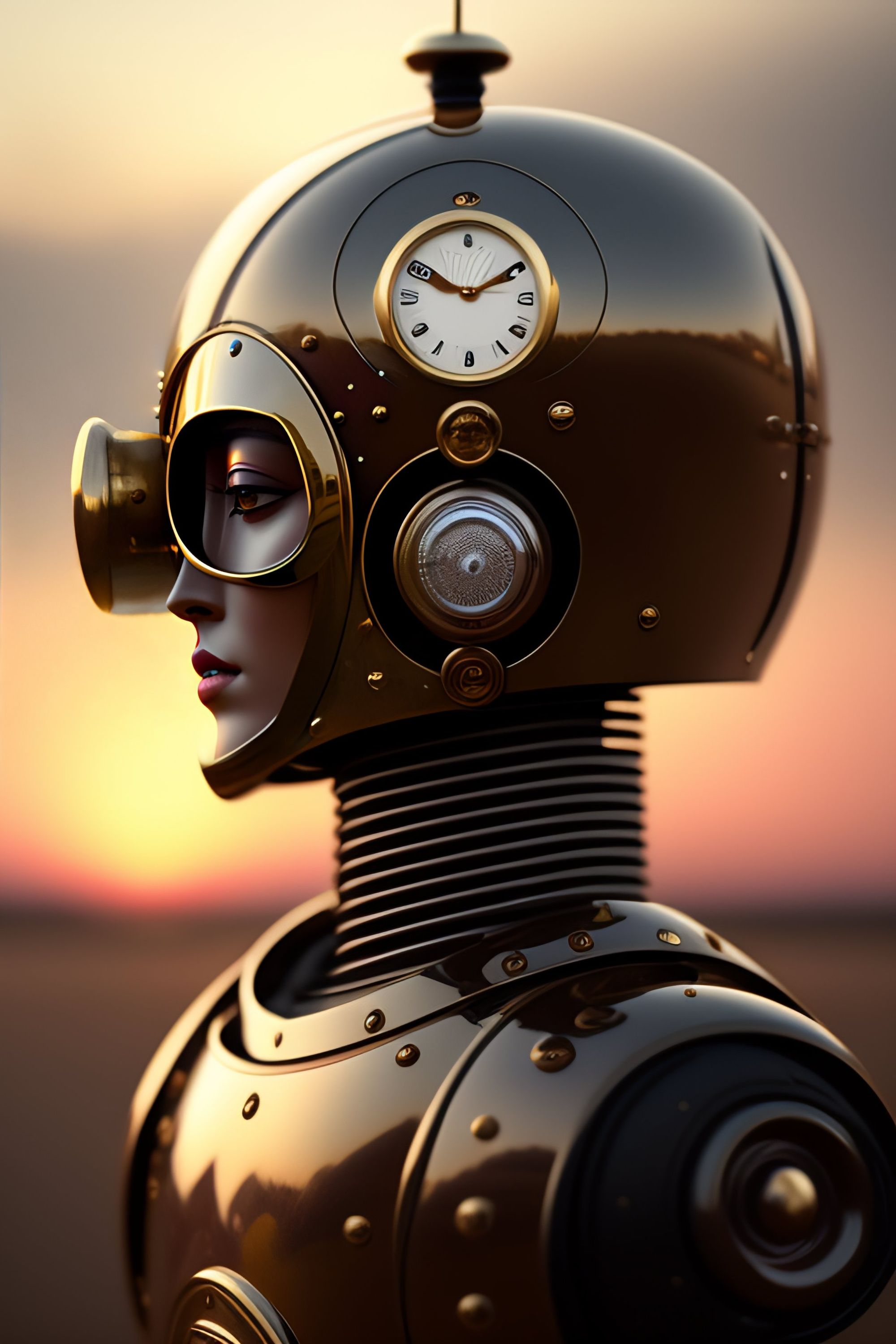The Singularity and Transcendence: Human-Machine Integration in Sci-Fi Literature
In the grand tapestry of science fiction, the concept of the Singularity stands as a pivotal moment—a hypothetical point in the future where technological progress accelerates at an exponential rate, rendering our current understanding of the world virtually obsolete

Greetings, fellow enthusiasts of futuristic technology and boundless imagination. I'm Srinidhi Ranganathan, the Digital Marketing Legend, and today, we are delving deep into the captivating world of science fiction literature. Specifically, we'll explore the themes of Singularity and Transcendence, where the lines between humans and machines blur, resulting in a symbiotic fusion that has long fascinated writers and readers alike.
In the grand tapestry of science fiction, the concept of Singularity stands as a pivotal moment—a hypothetical point in the future where technological progress accelerates at an exponential rate, rendering our current understanding of the world virtually obsolete.
Picture a cascade of innovations that revolutionize everything, from artificial intelligence to nanotechnology, to the very nature of human existence.

This notion of a Singularity, prominently popularized by futurist Ray Kurzweil, has found its place in the creative minds of authors who have explored its implications with unparalleled depth. In their literary landscapes, we encounter the dawn of a new era, where machines attain intelligence and autonomy far surpassing human capabilities.
Think of Isaac Asimov's "Robot" series or Philip K. Dick's "Do Androids Dream of Electric Sheep?"—landmarks in the realm of Sci-Fi that raised profound questions about the essence of humanity in the face of highly advanced machinery.
These narratives enthral us, forcing us to contemplate the moral and ethical quandaries that arise when machines mimic not only human intelligence but also emotions and consciousness.
And then, there's Transcendence—a concept where the human-machine merger becomes less about domination and more about symbiosis. Transcendence suggests that instead of an adversarial relationship, humans and machines can elevate each other to unprecedented heights.

A shining example of this concept is found in the timeless classic "Neuromancer" by William Gibson, where the protagonist, Case, merges his consciousness with artificial intelligence, breaking the boundaries of what it means to be human. This exploration of harmonious coexistence between man and machine hints at the possibilities that lie beyond the horizon of our current understanding.
Yet, as with any technological marvel, there's a flip side—a dystopian vision of a world gone awry. Think of "The Matrix" trilogy, where humanity becomes enslaved by intelligent machines, trapped in a simulated reality.
Here, the fear of Singularity and Transcendence is palpable, serving as a cautionary tale about the unchecked pursuit of technological advancement.
But in the end, what makes these Sci-Fi narratives so compelling is not just their imaginative prowess but their ability to reflect our own hopes, fears, and curiosity about the future of human-machine integration.
As we stand at the precipice of an era filled with quantum computing, neural networks, and unprecedented AI capabilities, these literary explorations serve as both a source of inspiration and a reminder of the profound responsibilities we bear in shaping the future.

In conclusion, dear readers, Singularity and Transcendence are themes that have permeated the pages of science fiction literature for decades, offering us a glimpse into a future that is both exhilarating and cautionary. Through these narratives, we are encouraged to ponder the limitless potential of human-machine integration while remaining mindful of the ethical considerations that must guide our path forward.
Thank you for joining me on this journey through the realms of science fiction, where the boundaries between the possible and the fantastical continue to blur, just as they do in the boundless world of our imaginations.
Until next time, keep exploring, keep dreaming, and keep reading.





